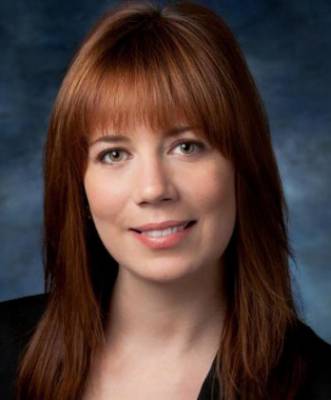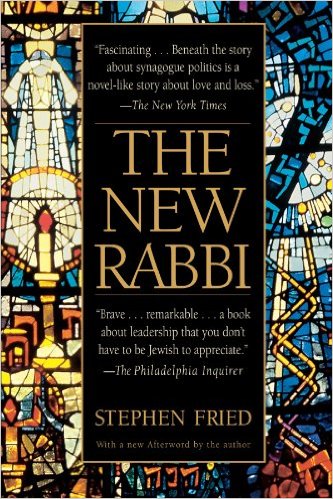With the permission of my colleague, Rabbi Sarah Bassin, Associate Rabbi of Temple Emanuel on Beverly Hills, CA, I’m sharing a good news story about the Syrian refugee crisis and the recent chemical attacks on innocent civilians. She explains how two of her congregants were able to mobilize faith communities to act in ways that made a real difference in a moment of crisis. She also describes her own learning and leadership throughout this process of providing support in a moment of deep crisis, and efforts to sustain that support. Often, religion gets a bad rap and you’re not likely to see this story of strangers helping strangers on so many levels, in another place far away that still strike home to some. I share it with you with the prayer that you or those in your communities will be inspired to provide help to those in need and not abandon hope when that’s the seemingly logical thing to do. It’s precisely in those moments when only a few people who say, “I refuse to accept this reality” that change happens.
 I have no idea how to fix Syria. Most Middle East experts admit they don’t either. It’s complicated. The Middle East is littered with the failed good intentions of our political interventions.
I have no idea how to fix Syria. Most Middle East experts admit they don’t either. It’s complicated. The Middle East is littered with the failed good intentions of our political interventions.
Now when we face the complicated in that region, we conclude that the best response must be no response. My own disbelief at the bombings and the gas attacks morphed into heartbreak and outrage but quickly fizzled into paralysis. No action of mine could advance a political solution to end the suffering.
I accepted my powerlessness along with the rest of the onlooking world. I tried to ignore the implication that such acceptance came in the form of thousands of civilian casualties. They were the collateral damage of the complicated.
But my logic was flawed. We don’t refuse to feed one hungry person because we cannot alleviate the hunger of them all. So why refrain from aiding some civilians in a war zone even though we cannot stop the war? The enemy of the good is the perfect.
Two Jews from Los Angeles – Tamar and Phil Koosed refused to relinquish the possibility for the good. They created Save the Syrian Children and used their business savvy to find shipping routes into areas under siege. They inspired my congregation to break out of our paralysis. And we rallied others.
With the help of 12 Jewish and interfaith organizations, we collected 5,000 pounds of clothes, an entire shipping container of unused medical supplies donated by hospitals and raised thousands of dollars to purchase more supplies. Countless people donated. Over 100 volunteers ages 8 to 80 showed up to sort, inventory and ship all of this stuff. An entire community refused to succumb to inaction, as you can see from this local news story that covered our community’s efforts to help.
Of the more than 85,000 pounds of supplies that Save the Syrian Children has shipped in recent months, everything was accounted for through a double-blind inventory to ensure that materials get to where they need to go. A mere 500 pounds of these supplies were lost when their warehouse was partially bombed. Thank God Save the Syrian Children refused to let the perfect be the enemy of the good. And you can see the actual delivery of supplies by clicking here.
I should note that our synagogue intentionally carried out this effort on the heels of Passover. But the analogy of modern-day Syria to the Jewish story of liberation falls short. We did not and we will not deliver anything close to freedom — the Syrian civilians living under siege have no exodus. Our efforts to alleviate their suffering were much more modest. Modest – but not inconsequential. Perhaps, the better parallel of the exodus story is not between the Syrians and the Israelites, but between us and Pharaoh. Our hearts were in danger of hardening to ignore the cries of those who suffer. I’m grateful to Save the Syrian Children for pulling me and my community back from that fate – for helping us retain our humanity.
